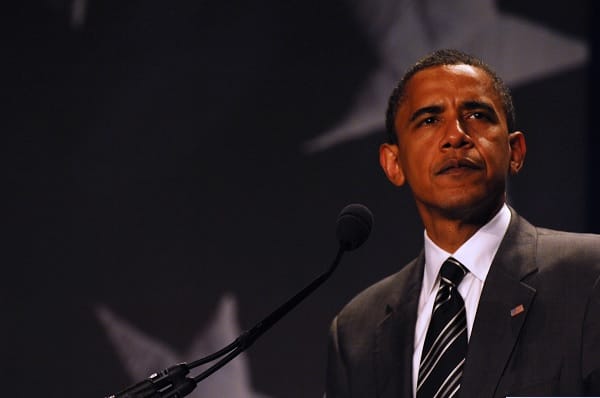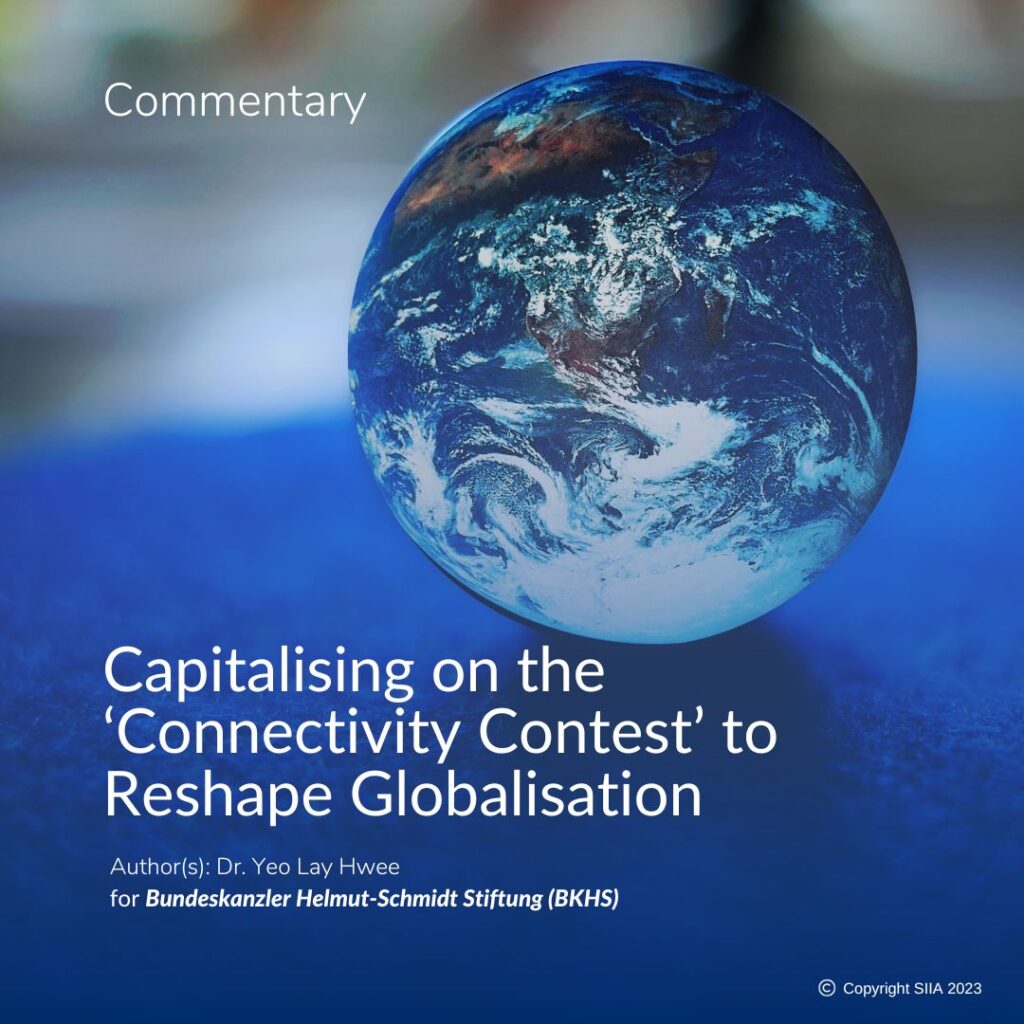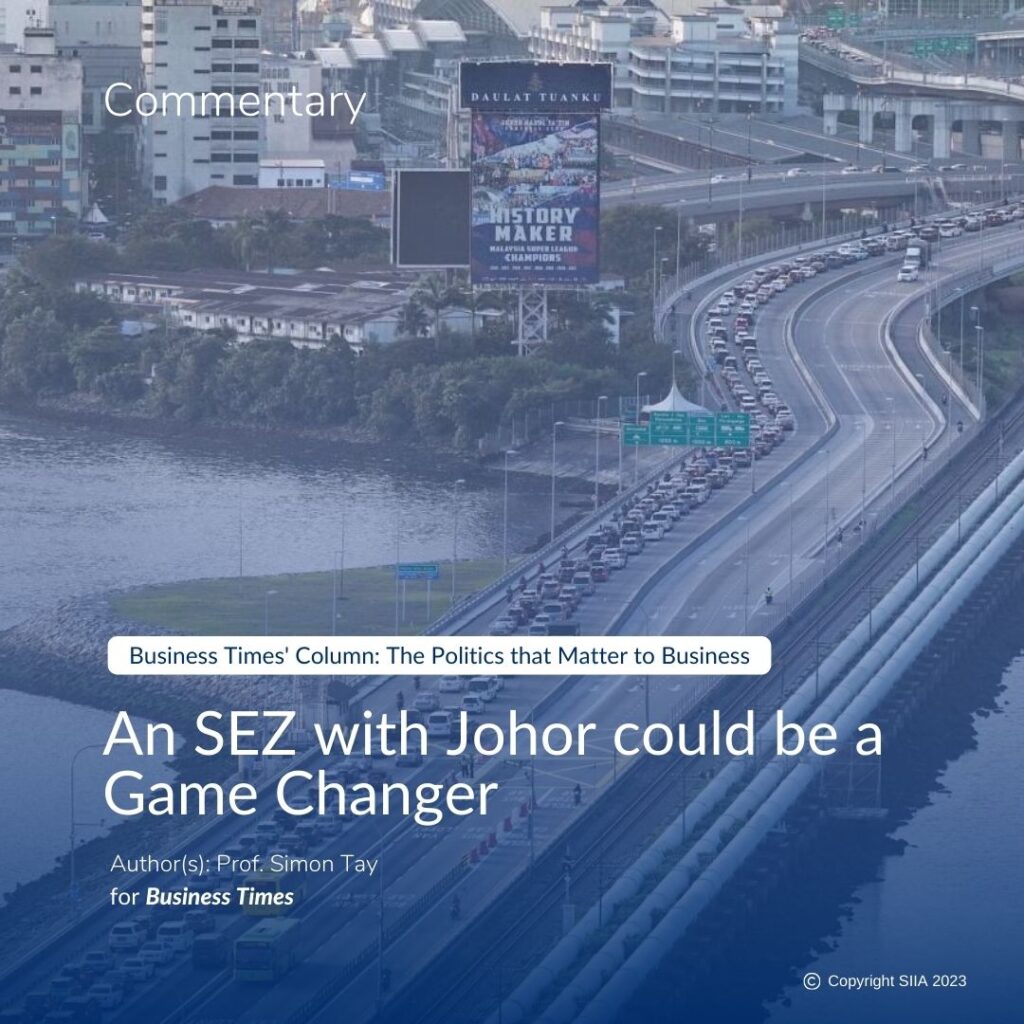Mr President,
Congratulations on handling the domestic crisis of the government shutdown and debt ceiling. The problem will recur, but most see you as a winner for holding your ground. Now, about that trip you cancelled to Asia.
Yes, Secretary of State John Kerry filled in but, with due respect, your invitation was non-transferable. The pivot to Asia comes from your first term and, with many Cabinet changes, your presence is required to show that political commitment continues to flow from the very top.
I — and many others across the region — therefore (re)invite you to visit, as soon as you can. Yes, Beltway politics continues, but you have some weeks before the next showdown threatens. Making the trip off-schedule will underline, all the more, that the region deserves special priority.
We can be ready to receive you. The ASEAN (Association of South-east Asian Nations) Summit was held earlier than usual and, from now into December, activity is winding down. No dancing girls and batik shirts, but a warm welcome is waiting.
If you come, what should you bring? While many feel the Chinese leaders stole attention in your absence, I do not think you need to respond like-for-like. No one is expecting you to bring economic presents as did the Chinese leaders (that is more an Asian habit) —America’s history of engagement has banked away much goodwill.
Nor is anti-Chinese rhetoric necessary. Indeed, be mindful of the Philippines and Japan, your allies who are anxious about maritime disputes with China. Reassurance is good, but keep it soothing, rather than possibly stirring more actions or proclamations. Instead, update Asians on US-China ties and on the “great powers” bilateral discussion that is emerging.
CONCERNS THAT YOU SHOULD HEAR
What you may want to do is to call for the ASEAN-US Summit that you initiated and have held every year until now. Also, call a special consultation about the Trans-Pacific Partnership (TPP) agreement, the centrepiece of American economic engagement. Time is ticking on the deadline — yet there remain concerns that you should hear directly from fellow leaders.
This is especially so in Malaysia, where there are concerns that the TPP’s demands will impact the bumiputra policies of entitlements to Malays and other native-born. Elections of the ruling Malay-based party, UMNO, have just been held and while he did well, Premier Najib Razak must guard against a conservative backlash against reform. Meet him as the first incumbent American President to visit Malaysia since Mr Lyndon Johnson, and please smile more than your trade negotiators have.
For more economic impact, bring in American multinationals doing business in the region. In contrast to the government shutdown, the American private sector is revving up. Emphasise quality over quantity.
Forge a pact for American investors to help the economies grow while delivering meaningful jobs to citizens, partnering local small and medium enterprises where possible and greening their supply chain. Corporate America is not perfect, but more credible in these aspects than many others, and such promises will fit well with concerns in large emerging markets like Myanmar and Indonesia.
LAY THE U.S. WELCOME MAT
Speaking of Indonesia: Embrace Indonesian President Susilo Bambang Yudhoyono, who will soon leave office. He has raised the level of your bilateral relationship and his country’s presence in the world. Encourage him to continue reforms and open up, despite the turbulence in the economy.
If you really cannot come, try the reverse. Convene a high-level meeting in the US and invite regional leaders to come if they can or else send special envoys and foreign ministers. Not to New York or some Pacific-facing city, but some place in between where jobs and trade are also — but less obviously — interdependent.
Most importantly, use this occasion to tell Americans that Asia is more than China and give special focus to ASEAN. Beyond your administration, major corporations and experts, perhaps ties with this part of Asia remain less clearly important to many.
The substance of engagement is there and bears emphasis. Explain that with your eloquence and hard economic numbers to build support among Americans despite the fury of domestic politics. The shutdown signals quite dysfunctional politics, but you prevailed — and now may be the time for some American swagger.
ABOUT THE AUTHOR:
Simon Tay is Chairman of the Singapore Institute of International Affairs and author of Asia Alone: The Dangerous Post-Crisis Divide from America. He visited the United States immediately after the cancellation of US President Barack Obama’s trip to Asia. This article appeared in the TODAY newspaper, and was reproduced in The Malaysian Insider on 22 October 2013




